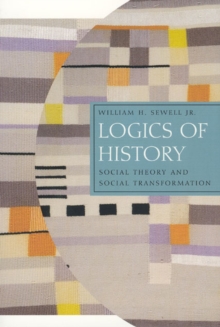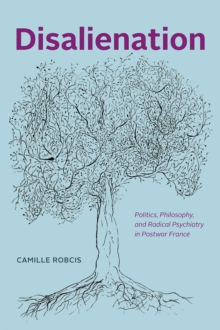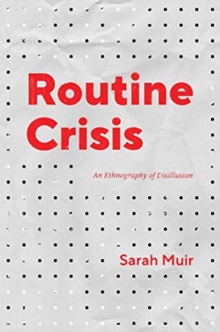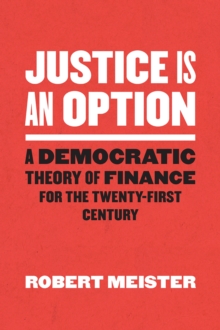
What Nostalgia Was : War, Empire, and the Time of a Deadly Emotion Hardback
by Thomas Dodman
Part of the Chicago Studies in Practices of Meaning series
Hardback
Description
Nostalgia today is seen as essentially benign, a wistful longing for the past.
This wasn't always the case, however: from the late seventeenth century through the end of the nineteenth, nostalgia denoted a form of homesickness so extreme that it could sometimes be deadly.
What Nostalgia Was unearths that history. Thomas Dodman begins his story in Basel, where a nineteen-year-old medical student invented the new diagnosis, modeled on prevailing notions of melancholy.
From there, he traces its spread through the European republic of letters and into Napoleon's armies, as French soldiers far from home were diagnosed and treated for the disease.
Nostalgia then gradually transformed from a medical term to a more expansive cultural concept, one that connected to Romantic notions of the aesthetic pleasure of suffering.
But the decisive shift towards a benign emotion occurred in the colonies, where Frenchmen worried about excessive creolization came to view a moderate homesickness as salutary. An afterword reflects on how the history of nostalgia can help us understand the transformations of the modern world, rounding out a surprising, fascinating tour through the history of a durable idea.
Information
-
Available to Order - This title is available to order, with delivery expected within 2 weeks
- Format:Hardback
- Pages:304 pages
- Publisher:The University of Chicago Press
- Publication Date:10/01/2018
- Category:
- ISBN:9780226492803
Other Formats
- Paperback / softback from £29.39
Information
-
Available to Order - This title is available to order, with delivery expected within 2 weeks
- Format:Hardback
- Pages:304 pages
- Publisher:The University of Chicago Press
- Publication Date:10/01/2018
- Category:
- ISBN:9780226492803










